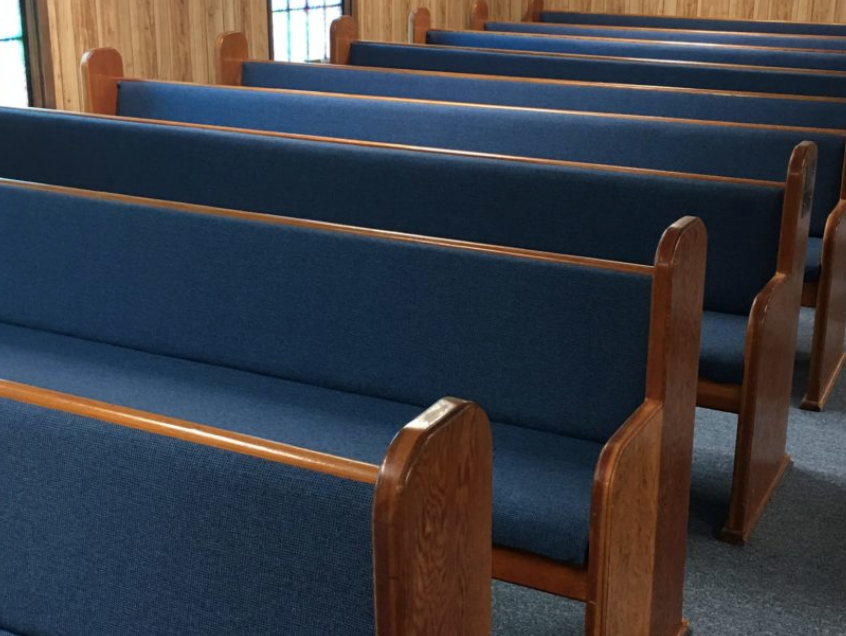I’m not a fan of the cable-television festivals called “presidential debates,” because they rarely feature any substantial debates and the candidates don’t act presidential.
Maybe this is more evidence that I am what I am, a journalist who is a registered third-party person who doesn’t fit in America’s Republican-Democrat binary vise (rather like Megyn Kelly’s take here).
However, the producers at Lutheran Public Radio had an interesting idea for this week’s “Crossroads” podcast (CLICK HERE to tune that in). They asked me to prepare questions — thinking religion-beat, GetReligion-oriented stuff — that I would ask if (#ducking) I was the moderator at last night’s GOP presidential debate at the Ronald Reagan Library.
I came up with 10 or so questions and I’ll share some of those shortly. However, I knew that the subjects that most interest me — as an old-school First Amendment liberal — would not be on this debate’s menu.
First, let’s deal with the orange elephant in the room. The New York Post, in it’s “exclusive drinking game for the second Republican presidential debate,” reminded viewers to:
Take a sip of WATER …
… every time Donald Trump is mentioned. This will keep you hydrated.
Later, the Post team offered these style points:
Take a sip of your drink …
… every time a candidate says “woke”
… when a candidate calls another candidate by an unflattering nickname
… when someone references the Biden Crime Family
… when a candidate uses a 3-letter acronym (think FBI, IRS, DEI, CDC)
… when a candidate tries to deflect when asked if they think the election was rigged
… when a candidate says they support Trump’s movement (but think they’re the one to finish the job)










